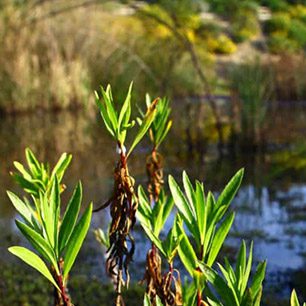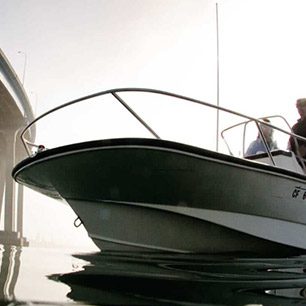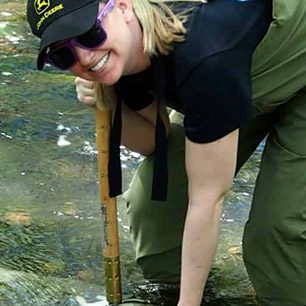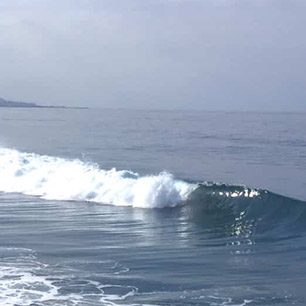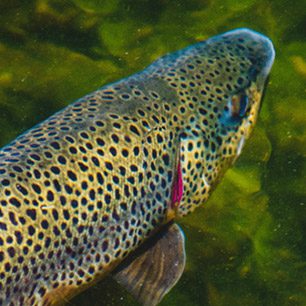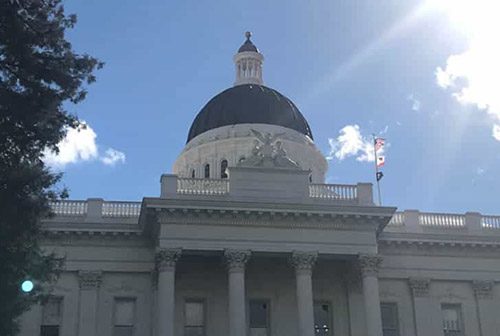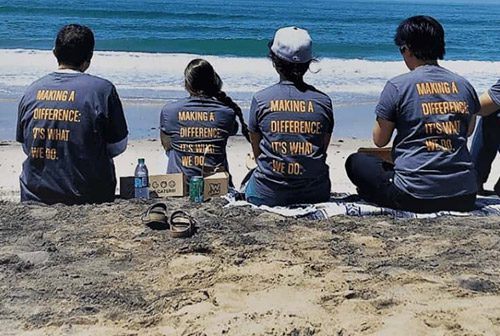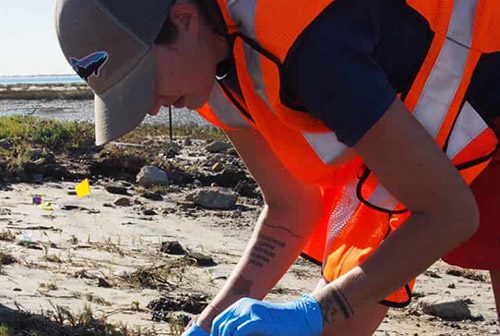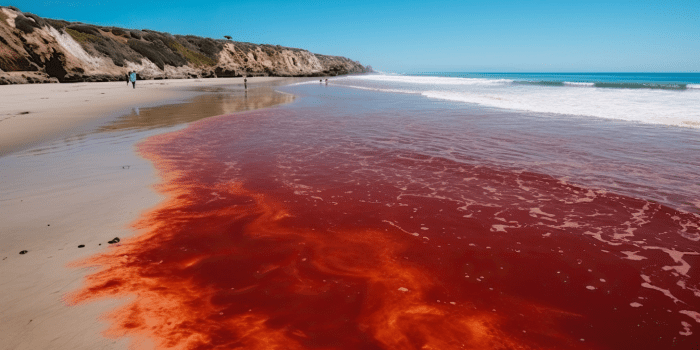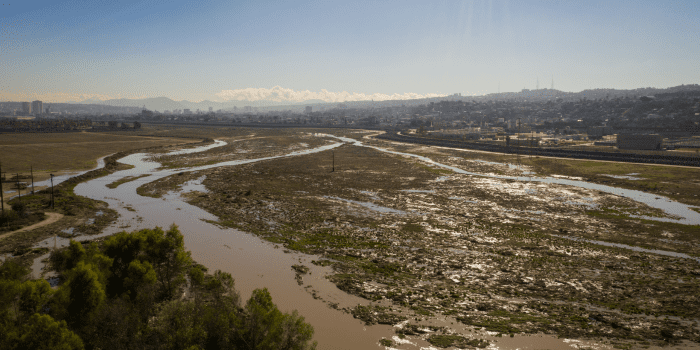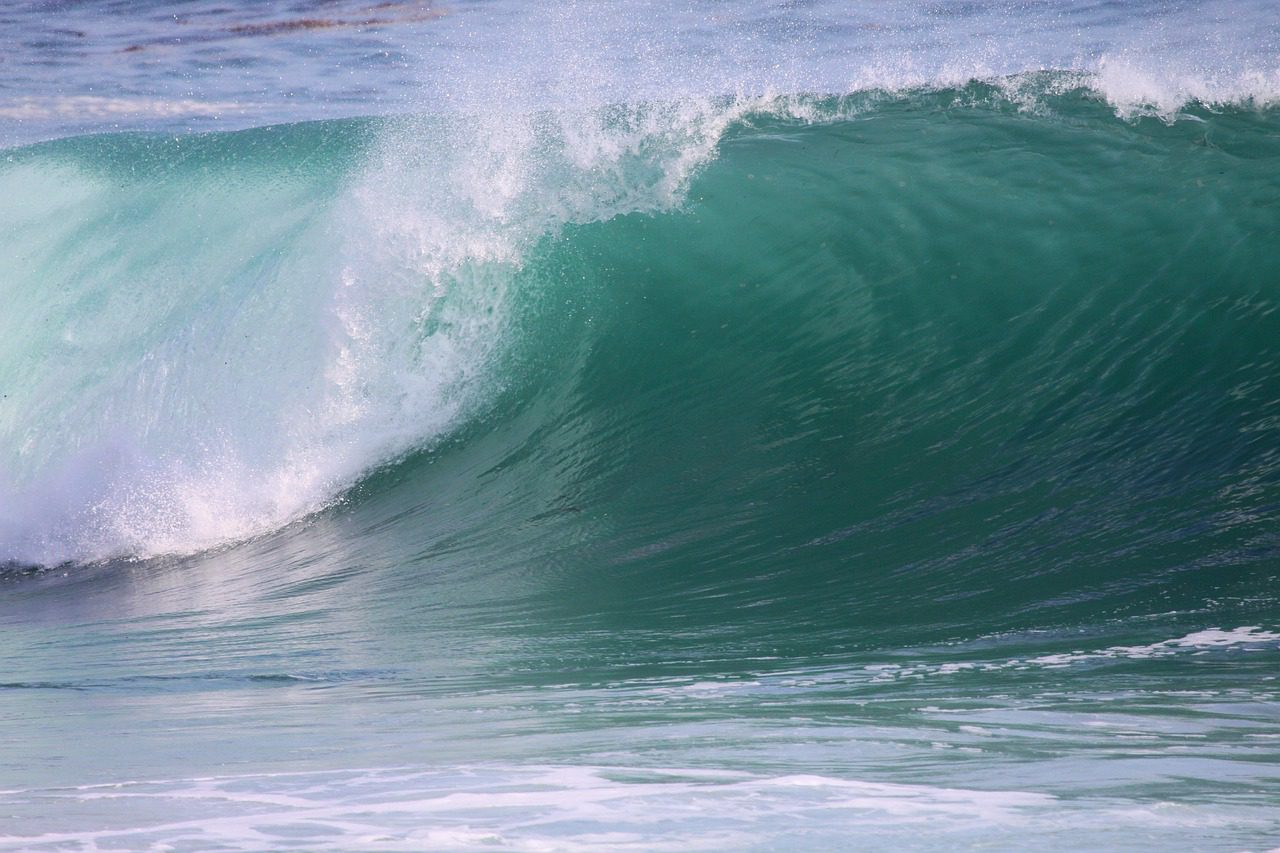Did you know that clean water is protected by law?
A Clean Water Law is Born
Prior to 1972, people across America could pollute waters freely — and without much consequence. It wasn’t until the Cuyahoga River in Ohio caught on fire that the EPA decided to do something about the pollution across our nation.
That’s when the Clean Water Act was born. This federal law regulates what industries and government can and can’t do to water that we all share. Though locally the law is implemented by the Regional Water Quality Control Board, actual enforcement is rare.
The Power of the People
The Clean Water Act long ago recognized that the job of protecting our waters was a much bigger task than the EPA or Regional Water Boards could handle alone. In doing so, it created a provision that provides citizens with the right to enforce these water-protecting laws.
This law is the best – and many times the only – tool we have to defend and protect our waters here in San Diego. Sometimes citizen suits are necessary to stop a polluter from harming our water, but often we can transform a polluter to an industry-leading water steward with some cooperation and collaboration.
Cooperation is Key
Today, without Coastkeeper’s stormwater enforcement program, business and government agencies in San Diego County could continue to pollute without consequences for decades. To prevent pollution, our model is simple: find and fix. We identify industrial stormwater polluters and remedy violations using every tool available like the Clean Water Act and the California statewide Industrial General Stormwater Permit.
Since the Government is not actively identifying industrial polluters and bringing them into compliance, we step in by analyzing data and taking proper steps to notify and work with the facility to come into compliance. Our team can pull a business’s mandatory, self-reported water quality data from California’s public database, and at times we may also take our own water quality samples to determine if a facility is doing enough. This analysis allows us to see if a business has failed to do water quality tests or if its data indicates they are polluting in violation of the law.
Once we identify a business or government agency that is out of compliance, we send them a legal notice required under the Clean Water Act. We also offer to cooperate with them in order to not only protect our water, but protect their business from further legal consequences. Often, industry and government are willing to upgrade their facilities and their practices to the standards necessary under the Clean Water Act to keep our waters pollution-free. In this way we hope to build partnerships and environmental stewards who bring value to our community.
Coastkeeper’s Role in Pollution Prevention
Our industrial enforcement efforts have focused, in part, on areas where environmental injustice continues to occur. A few of our more recent enforcement actions have focused in areas such as Barrio Logan, Chula Vista, and National City, where facilities pollute in close proximity to residential areas and into waterways that residents rely on for fish to feed their families. Often, residents are unaware of the harmful pollution resulting from these businesses in their communities, and the proximity and concentration of industrial pollution near residences and public resources is troublesome.
It’s in our best interest to work with these businesses or government agencies to help them come into compliance. It sets a positive example for industry that following the law is good for business and the community, and can eventually lead to improved industry standards as a whole. Since San Diego’s biggest water issue is runoff pollution, we will need all industries to comply with the Clean Water Act to solve our problem. This takes leadership from our governing agencies like the State and Regional Water Boards, the cities that hold municipal stormwater permits, and the industrial businesses that are part of our community.
Do Your Part
Everyone has a right to clean water, and our industrial enforcement efforts help to create a clean, healthy environment for all. With your help and watchful eyes, we can ensure our waters remain fishable, swimmable, and drinkable.

